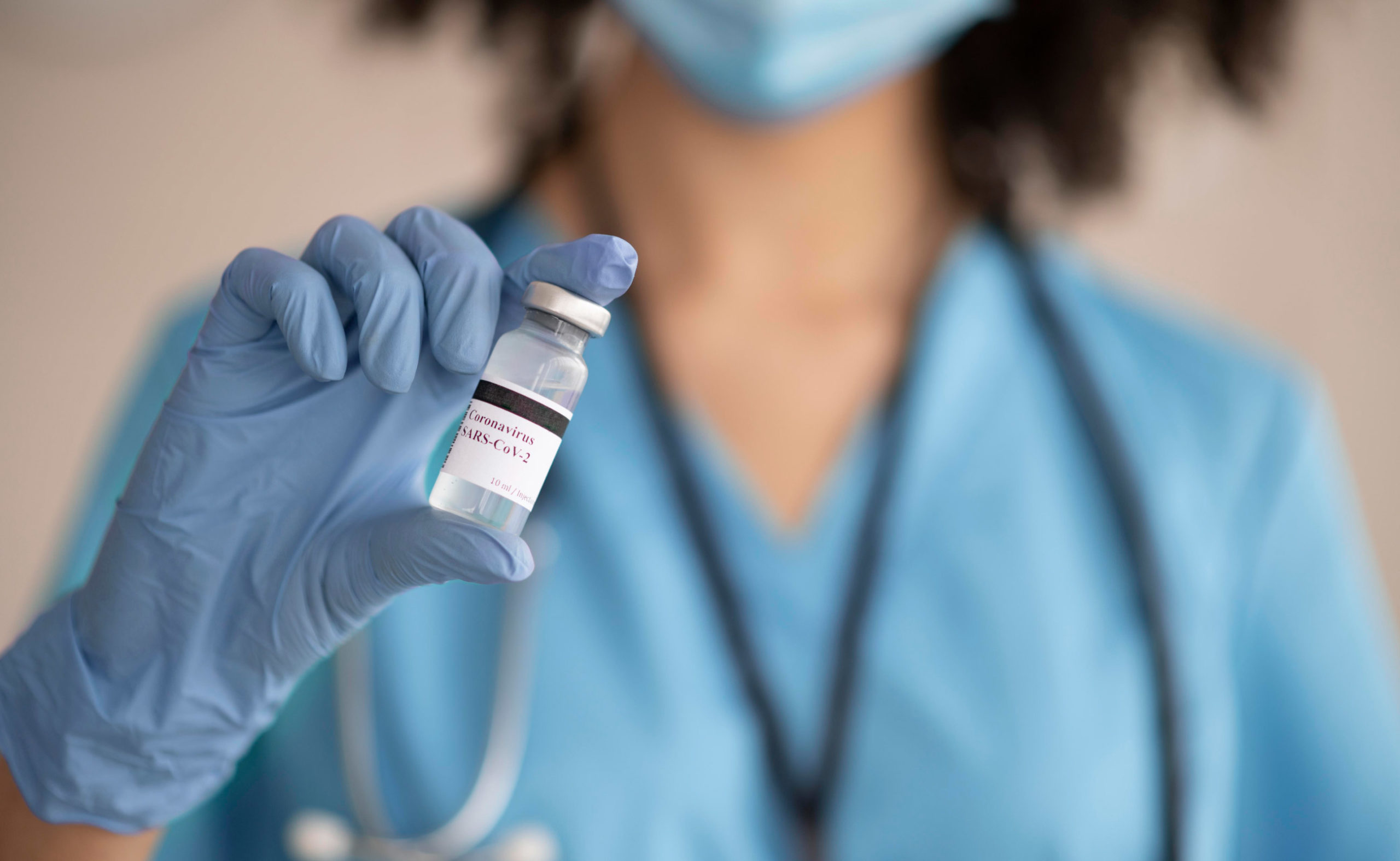What to know about the Johnson & Johnson COVID-19 vaccine

A third coronavirus vaccine was approved for emergency use by the U.S. Food and Drug Administration (FDA) on February 27, 2021. The first doses began shipping out within days. This vaccine was developed by Janssen Biotech, Inc., which is a Johnson & Johnson company.
Here are some important things to know about the new Johnson & Johnson (J&J) vaccine.
How does the vaccine work?
A. The J&J vaccine uses a viral vector to create immunity. That means it uses a harmless virus as the vehicle to introduce a piece of DNA into your immune system. That delivery virus is a type that causes the common cold, but it has been modified so that it cannot reproduce in your body or make you sick. It just delivers the DNA package to some of your cells.
Once there, that DNA instructs your cells to make the distinctive, but harmless, spike protein that appears on the surface of the coronavirus. The cells then display the spike protein on their surface. These proteins trigger an immune reaction. Your body then creates antibodies and they protect you from getting sick if you get infected with the real virus later.
It’s important to note that the vaccine doesn’t contain the real coronavirus. So getting the vaccine cannot give you COVID-19. And it can’t change your own DNA in any way.
How many shots are given?
A. This vaccine requires only one shot. It may be easier for some people to receive this one instead of the other vaccines that require two shots and are given several weeks apart.
How long after getting your shot does it take to be effective?
A. According to the Centers for Disease Control and Prevention (CDC), it usually takes a few weeks for immunity to develop after any vaccine.
How effective was the vaccine in clinical trials?
A. In U.S. trials, the J&J vaccine was about 72 percent effective in preventing moderate to severe COVID-19, and it was 85 percent effective against severe disease. The most important point to note is that it was 100 percent effective in preventing death and hospitalization.
Those are very good numbers. FDA’s benchmark was an efficacy rate of 50 percent.
It is not yet clear how long the vaccine will provide protection or whether it prevents someone from spreading the virus, so it’s important for those who receive the vaccine to continue taking other safety precautions.
What was its safety record in clinical trials?
A. Researchers looked at safety data broken down by:
- Age
- Race
- Ethnicity
- Underlying medical conditions
- Previous COVID-19 infections
No safety concerns were found for any specific groups. Overall, serious adverse events were rare and occurred in similar numbers among people who got the vaccine and those who got a placebo.
What were the most common side effects?
A. The most commonly reported side effects were:
- Pain at the injection site
- Headache
- Tiredness
- Muscle aches
- Nausea
These were mostly mild to moderate and lasted one or two days.
Who is the vaccine authorized for?
A. At this time, the vaccine is authorized for people 18 and older.
Who can get the vaccine?
A. States set their own rules for distributing vaccines. CDC’s Advisory Committee on Immunization Practices has recommended that health care workers and residents of long-term care facilities be the first to get any COVID-19 vaccine, and those guidelines continue to expand.
Who should not get the vaccine?
A. You should not get the vaccine if you have had a severe allergic reaction to any ingredient of this vaccine. If you are pregnant or breastfeeding, talk with your doctor about whether to be vaccinated.
Where can I get more information?
- For information specific to New York State’s vaccine distribution plan, visit health.ny.gov.
- For information on the COVID-19 vaccines, visit cdc.gov.
- CDPHP members can find details about coronavirus coverage on our COVID-19 information and resources page.
 The Daily Dose
The Daily Dose
Comments are closed.